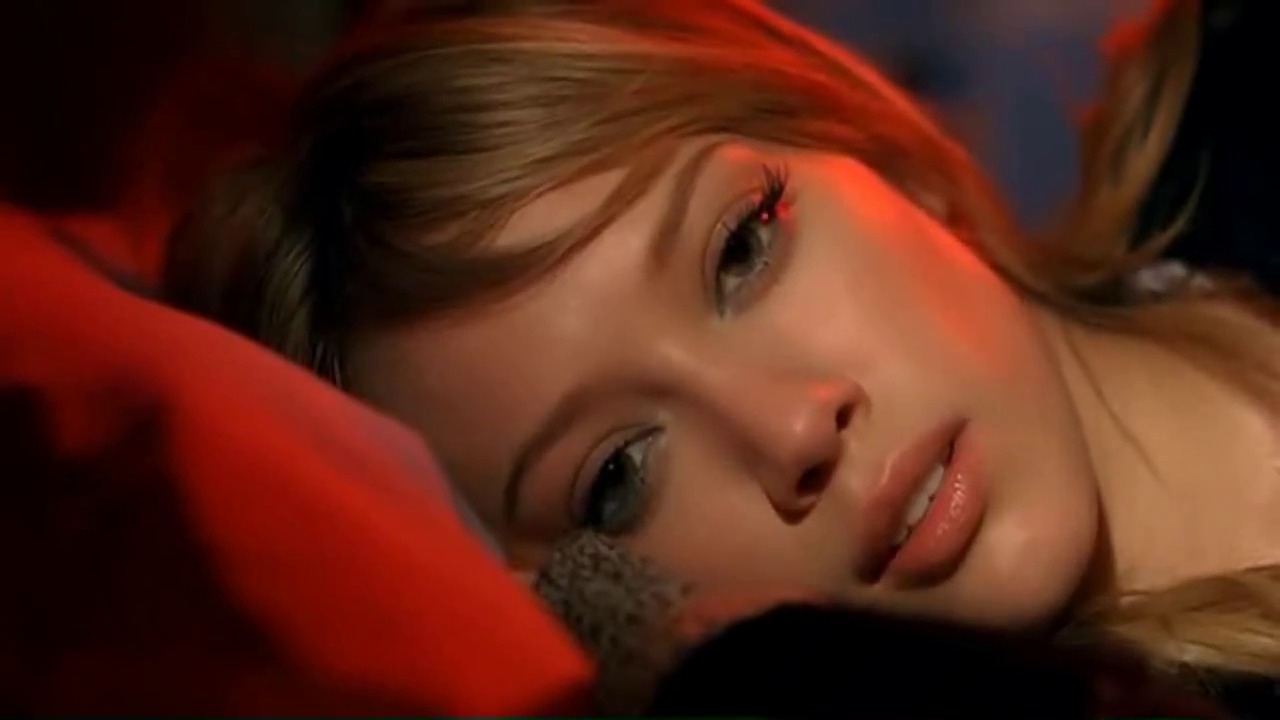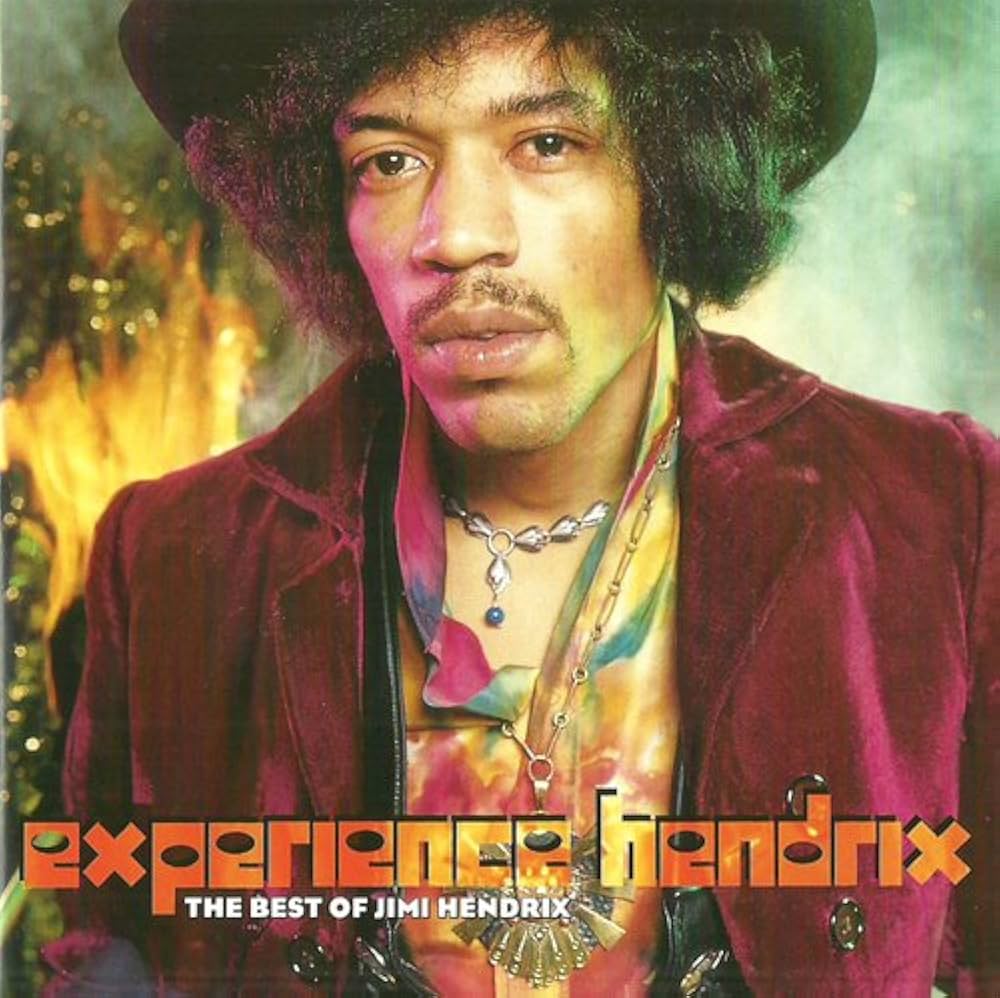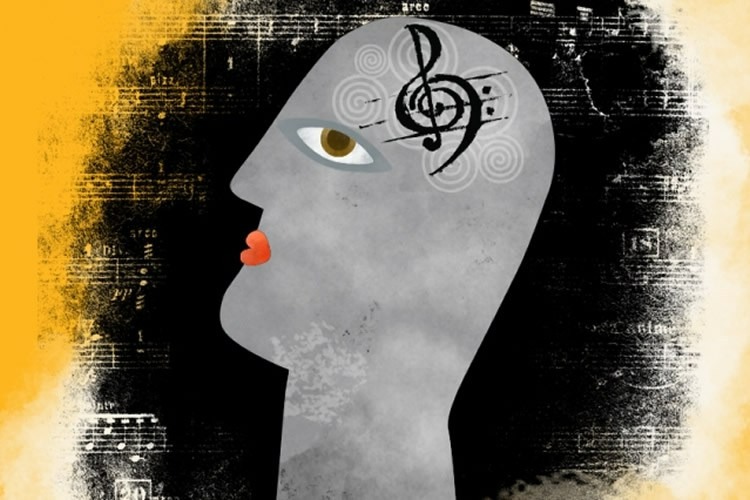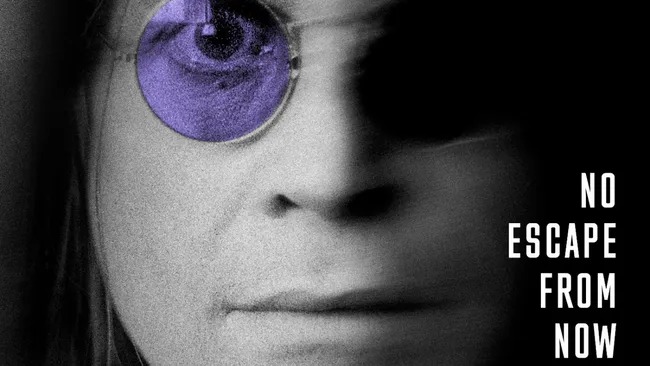After a decade focusing on acting and family, Hilary Duff’s new Atlantic Records deal signals more than nostalgia—it’s strategic positioning in today’s creator-economy landscape. The September announcement marks her first major label partnership since 2015, arriving just as TikTok has turned Y2K aesthetics into a cultural goldmine.
This isn’t just another celebrity comeback; it’s validation that millennial nostalgia has real commercial muscle.
The Comeback Machine Gets Professional Treatment
Atlantic’s investment comes with serious production firepower. Emmy and Grammy-nominated director Sam Wrench fresh from Taylor Swift’s Eras Tour film and Sabrina Carpenter’s Christmas special, will document Duff’s creative process through an upcoming docuseries. The production team plans to capture everything from studio sessions to family balance, creating the kind of intimate artist portrait that drives streaming engagement.
No release timeline exists yet, but the professional machinery suggests Atlantic sees serious potential.
The Numbers Behind the Nostalgia
Those “Come Clean” and “Wake Up” memories have serious data behind them. According to Luminate, Duff’s five studio albums moved 7.8 million copies in the US alone—numbers that would impress in today’s fractured market. Her Disney-to-pop pipeline success helped establish a template that artists still follow, proving she understood multimedia branding before it became industry standard.
The fact that “Sparks” was her last Hot 100 entry in 2015 only amplifies the comeback potential.
Why Legacy Artists Are Winning the Streaming Game
Duff’s social media strategy around anniversary posts and fan engagement shows she gets the modern music landscape. Legacy artists with built-in audiences possess something streaming algorithms can’t manufacture: emotional connection spanning decades. The docuseries format lets her recontextualize past work while building anticipation for new material—exactly how established names compete against playlist culture and viral moments.
The Atlantic deal proves that Y2K nostalgia isn’t just fashion trends and throwback playlists anymore. When major labels start writing checks, childhood soundtracks become serious business again.


























